Maine Howls
Maine Howls is a small group of naturalists including a science teacher, a professional videographer, and an electrical engineer. Also on the team is a lifelong tracker and hunter, a disabled veteran, and a PhD researcher who specializes in Northeast Canis. We are citizen scientists studying the wild dogs (Canis) of Maine using advanced technology including state of the art autonomous recording units (ARU) and specialized software. The team is utilizing AI (artificial intelligence) technology to help us sift through the hundreds of gigabytes of audio we record each session to recognize vocalizations. We're working on the design and build of ARU's that meet our specific needs. Maine Howls field technicians keep busy with the deployment of ARUs, camera traps, and trail cameras. We also collect and preserve DNA samples from these animals for genetic testing with our university partner.
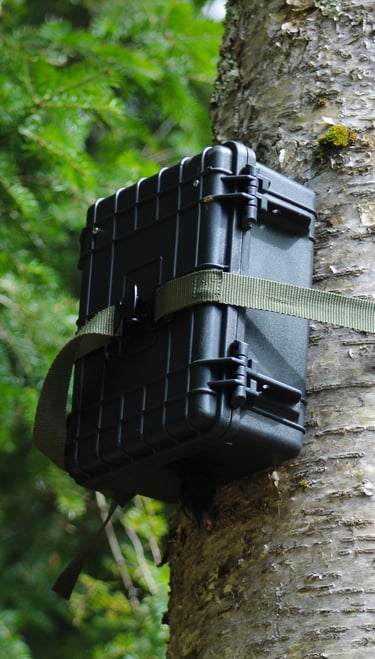

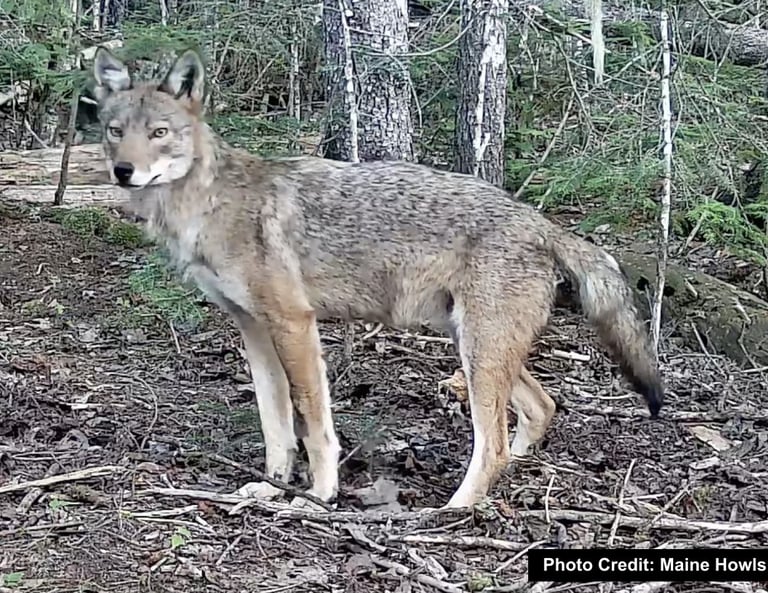

Canis Bioacoustics
Why Do We Call These Animals "Canis"?

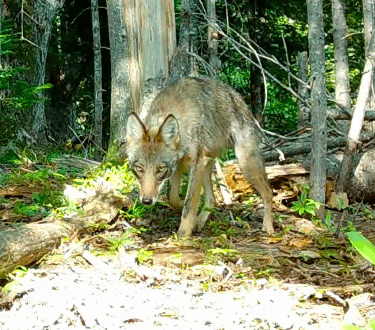
Our Mission
Hearing howls for the first time in the wild can be one of the most impactful moments that a person experiences in their lifetime.
Our Mission is to pursue and gain a modern and comprehensive knowledge base of Maine’s wild Canis by documenting and preserving video, stills, audio and DNA using the most advanced means and methods possible. Our database is available to researchers to help further the study of this Maine based predator.
We currently have five key study areas that we are focused on: Three in central northern Maine, one in the far western area, and a new area in the more southern part of the state. We are monitoring other locations as well for possible future study.
We call these animals "Canis" because that's what they are. They are part of the genus of mammals Canis, which includes wolves, dogs, coyotes and jackals. Past genetic studies identify Maine's wild Canis as eastern coyotes, also called coywolves, which are a hybrid of coyote and wolf and even a bit of domestic dog.
Some researchers believe that eastern wolves (Canis lycaon) may also be present in Maine, and they could be actively breeding with eastern coyotes. Our research may help to identify pockets or trends in Maine where wolves are naturally having a greater impact on our wild Canis population than previously known or documented.
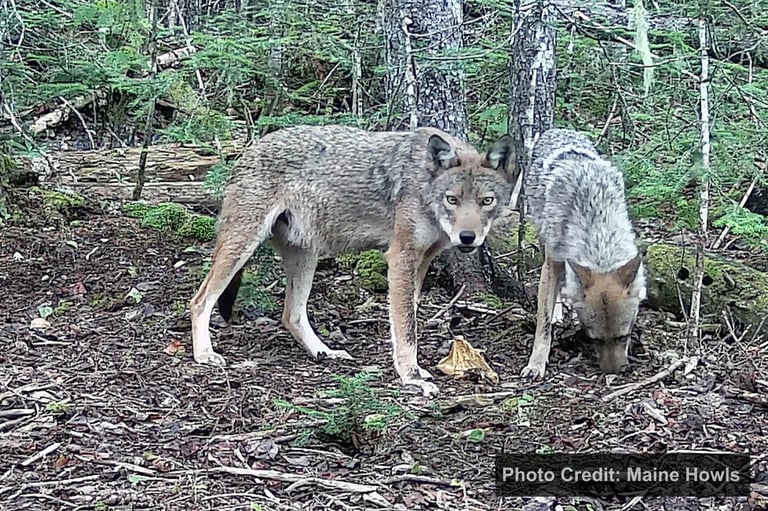

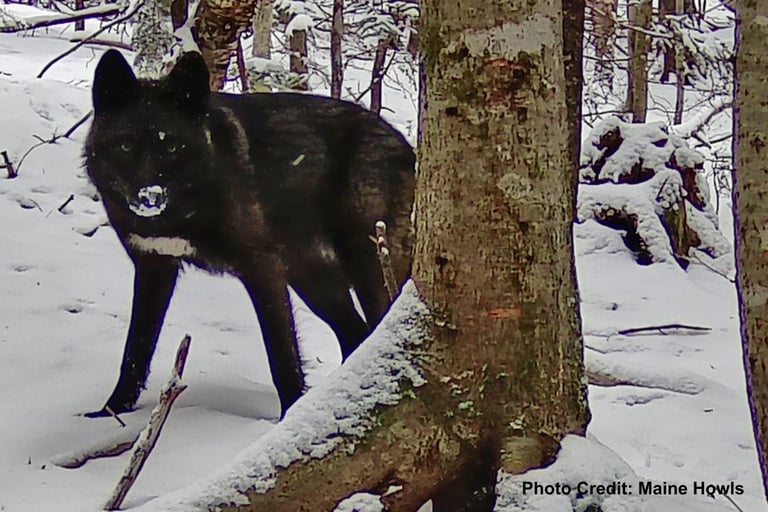

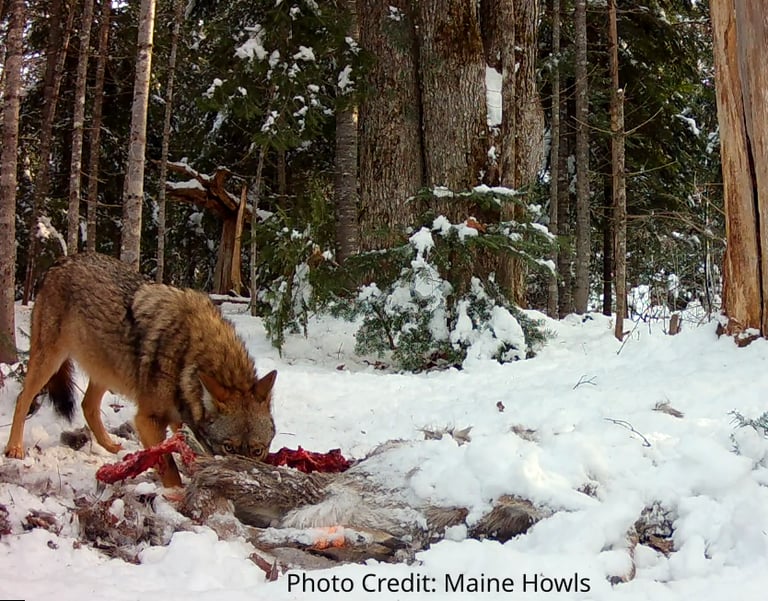

Photo Credit: Maine Howls
Maine Howls - The Research
Explore our research and some of the sights and sounds of Maine's forests that we've collected
Maine Howls currently has nine acoustic recorders deployed in Northern and Western Maine. We have recorded and catalogued hundreds of Canis vocalizations to date. We continue to record in all seasons and add more devices as funding allows. Working with Yellowstone Park wolf bio-acoustics researchers, we have developed a database compatible with what they use so that we can share our recordings with other scientists.
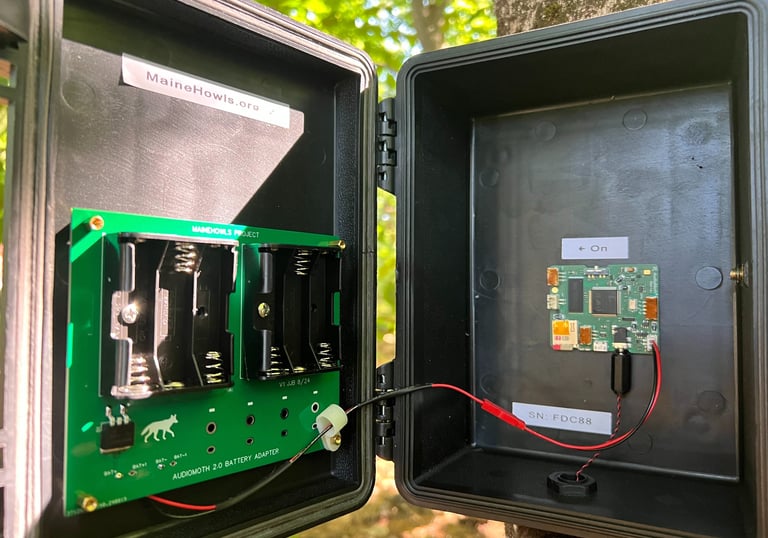

Employing high quality trail cameras and custom built camera traps, we have accumulated a library consisting of thousands of video clips and photos of Maine's wild Canis. We add cameras when funding allows, explore new areas, and continue to document the seemingly diverse population of wild dogs living here. See some of the other wildlife that we encounter too.
Utilizing our knowledge and experience with Maine's Canis, we locate, collect and preserve fresh scat samples for genetic testing. New panels are currently being developed specific to the New England region. The results of these tests will connect cutting edge DNA testing with collected visuals and bio-acoustics analysis giving a more complete and updated story of these individual animals.
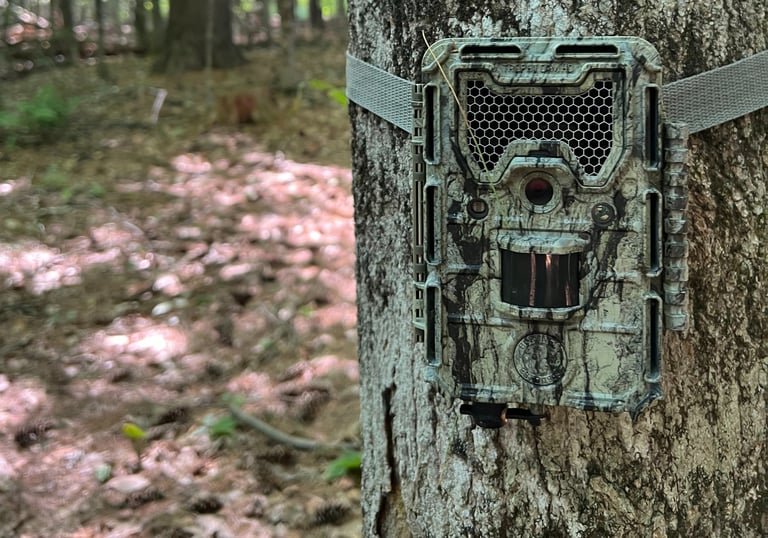

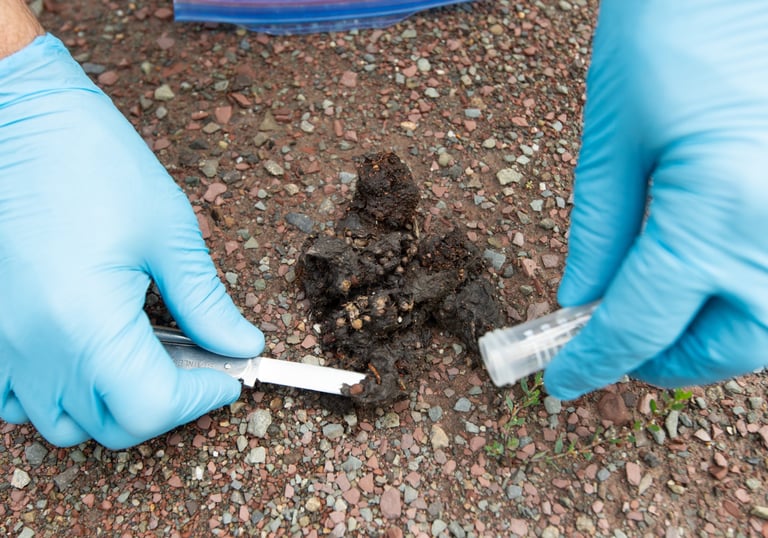


Contact Us
Reach out to us with any questions or comments regarding our research.
We would enjoy hearing from you.
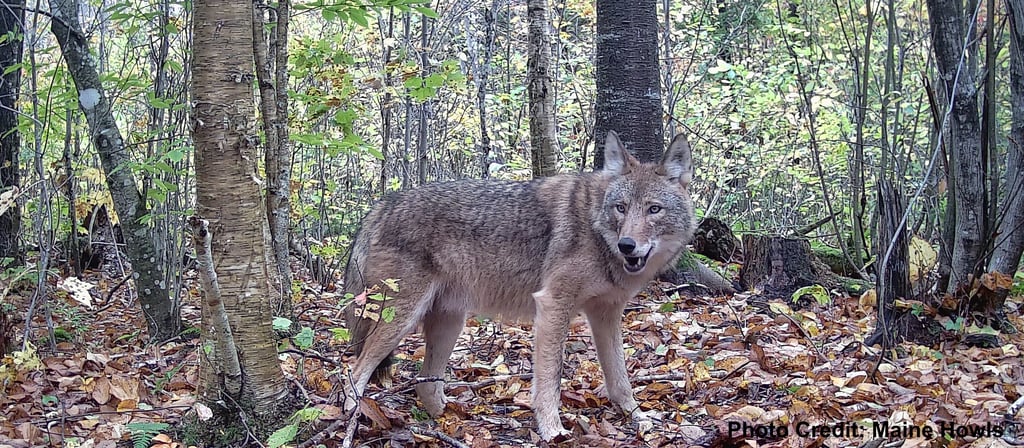

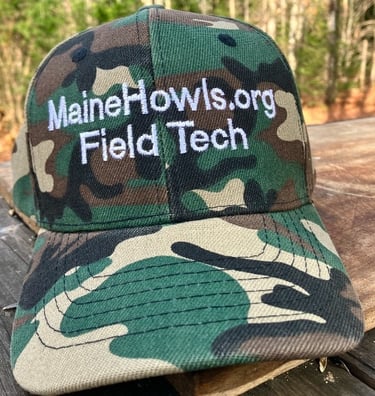

We can't do this on our own. Many thanks to the scientists, researchers and organizations who have offered their valuable assistance and continue to work with us along the way.
Maine Howls
Exploring the vocalizations, behavior and origins of Maine's wild Canis.
© 2024. All rights reserved.


